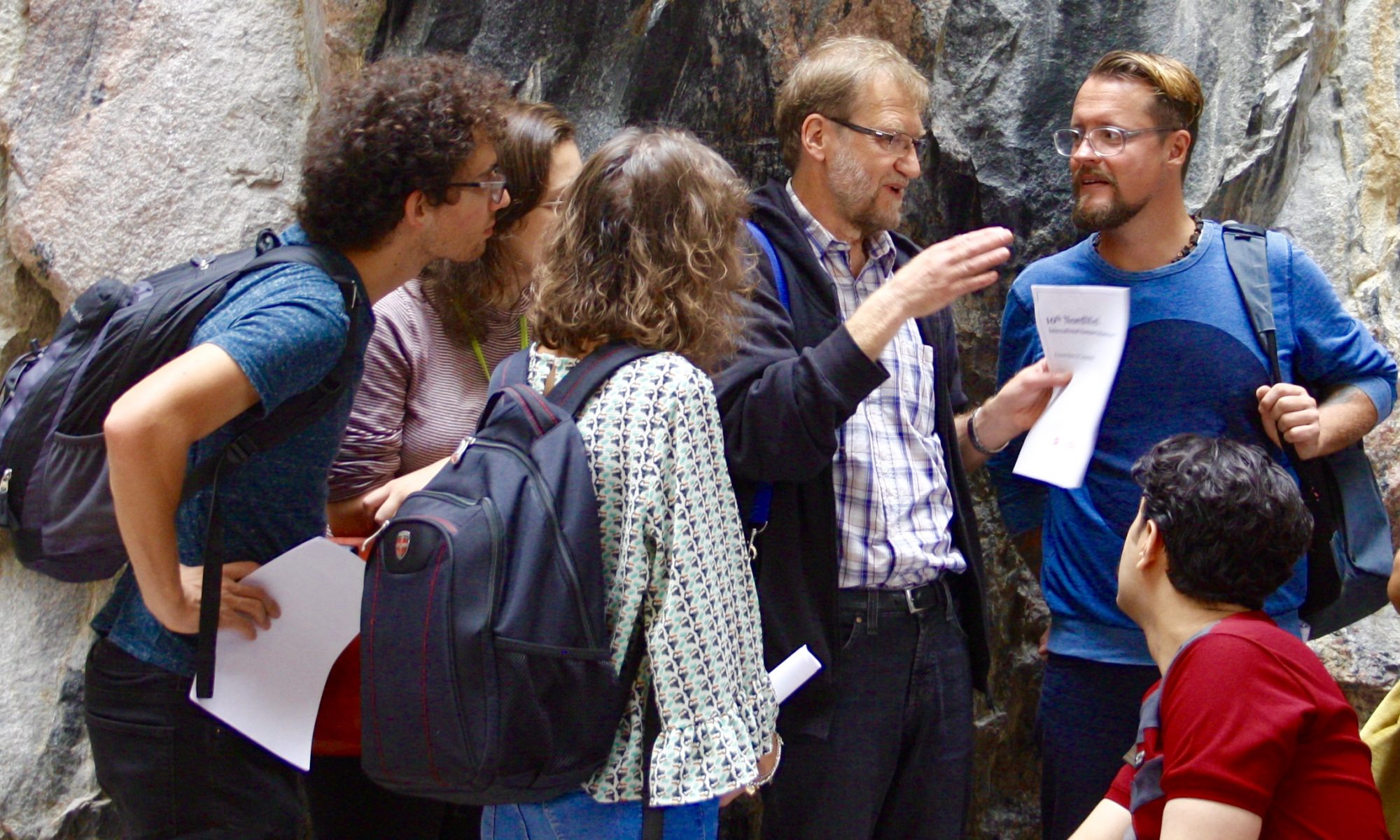Pauli Kettunen, Klaus Petersen and Chris Lloyd are on behalf of Nordwel organizing a session at the upcoming World Economic History Congress (http://www.wehc2009.org/) in Utrecht 3-7 August 2009. The session is entitled The Welfare State in Capitalism Revisited.
If you’re interested in presenting a paper in this session please send an abstract (½-1 page) to: Klaus.petersen@hist.sdu.dk before 10 February.
In the 1970s and early 1980s one of the big themes in welfare state research was the relationship between welfare state and capitalism. One the hand classical variants of Marxist theory, arguing that the welfare state (historically and contemporary) had to be empirically analysed as part of the capitalist system and its domination of the working class. Social policies were to be understood as instruments for meeting the requirements of the reproduction of capital and labour and the regulation of the antagonisms inherent in the capitalist mode of production. On the other hand, “social democratic” or reformist approach saw the welfare state as the concrete historical victory of organized labour movement over capital. We also find a number of studies on “the political economy of the welfare state” (Gough) trying to take a more theoretical and analytical position. In this line we find numerous economist, historians, and sociologists. Especially after the declaration of the “crisis of the welfare state” from the early 1970 (structurally associated to the break down of the Bretton Woods system and the so-called oil crisis) was started a year long academic debate asking if the welfare state and capitalism could co-exist also in the future? One of the most influential studies in this respect was the German sociologist Claus Offe’s “Contradictions of the Welfare State” (1984) with its famous dictum that “capitalism could neither live with or without the welfare state.”
With today’s advantage of hindsight it can be concluded that Offe’s pessimistic prediction was not fulfilled. Capitalism seems to be stronger than ever both as an ideology and economic system due to the process of globalization. However, the happy marriage of the welfare state and capitalism has also been questioned by interpretations concerning a transition from the welfare state to a “workfare state” (Jessop) or to a “competition state” (Streeck). The notions of continuity and discontinuity seem to be interestingly intertwined in “the welfare state in capitalism”.
In our session we bring together a mixed group of scholars and have them considering “the welfare state in capitalism”. This will emphasize the historical (and historiographic) perspective: What went wrong in the analyses of the 1970s and 1980s and why? Can it be explained by historical changes in capitalism or in the welfare state? Was it a wrong understanding of the historical developments in economies or welfare policies? Or was it a wrong theory? What happens if we take a much the longer historical perspective of the last 100 years? But it will also include a more “history of the present” approach discussing what characterizes “the welfare state in capitalism” of today. Does the process of (hyper)globalization mean we will have to rethink the political economy of the welfare state and in which way?
If you’re interested in presenting a paper in this session please send an abstract (½-1 page) to: Klaus.petersen@hist.sdu.dk before 10 February.
